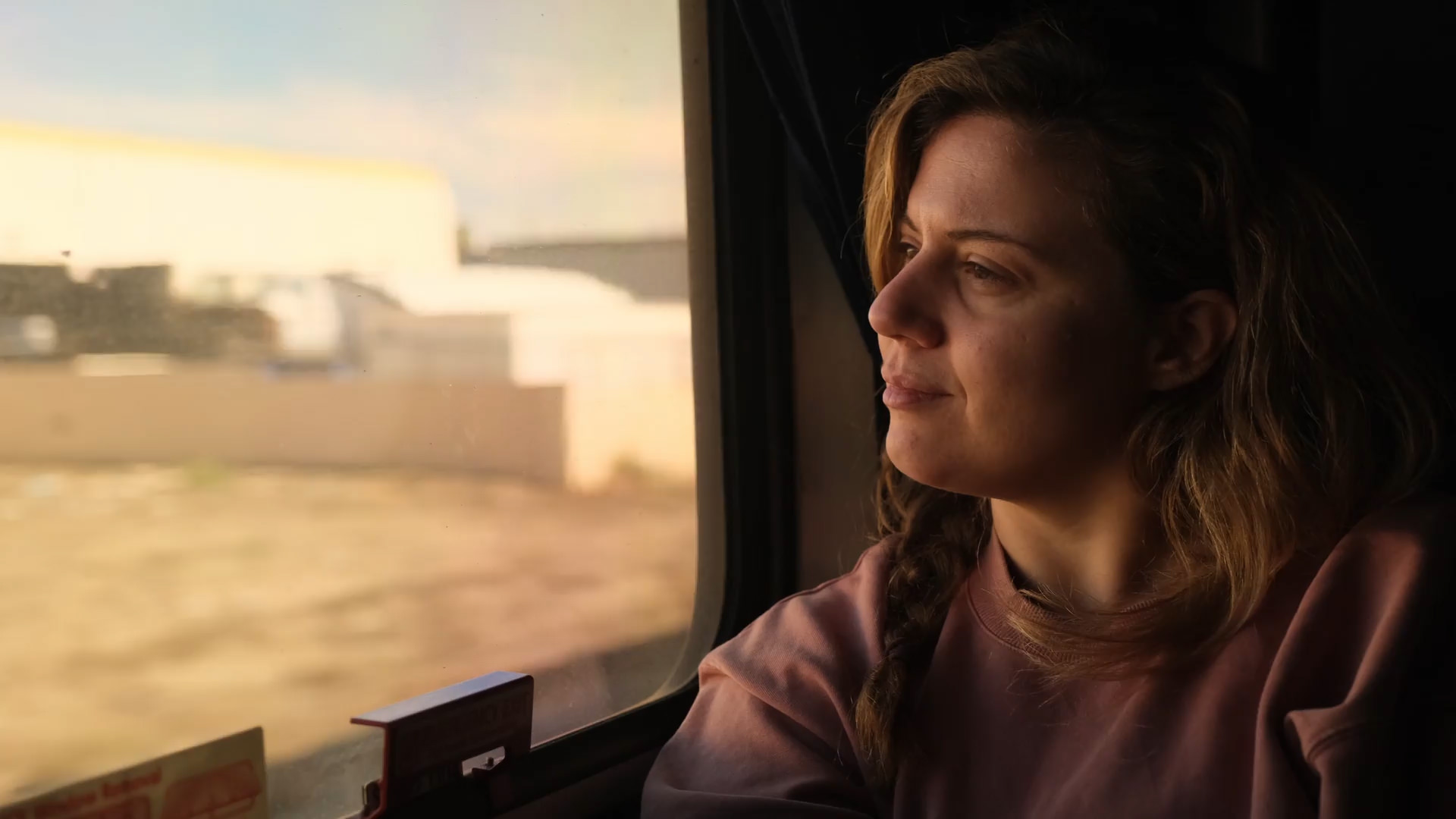Student Centered Program
The CBMT program is student-centered, meaning its main focus is to train and equip students with practical skills that will be useful in ministry. Students learn Bible, theology, and other competencies under NBC’s Ministry Preparation Program and then learn practical skills through residential ministry practice offered in partnership with local churches and pastors. Through the program, participants gain practical experience and learn important skills like how to lead a congregation, build a team, and evangelize and nurture a Christian worldview in others by effectively communicating God's word. The students also learn how to continuously develop themselves spiritually and are trained on incorporating 21st-century technologies like social media.
Observe and Reflect
NBC is looking for healthy, forward-looking ministries that want to become residential laboratories to help prepare people for effective service. This is an exciting opportunity to partner with NBC to train future church leaders. We look forward to discussing this opportunity with you.

Maintain your Integrity
NBC expects academic integrity throughout the entire program. Students must observe the program's student code of conduct at all times and ensure that all written work conveys respect and regard for others, and avoid plagiarism at all costs.

Apply What You Learn
The CBMT program modules are consistent in workflow, which helps students achieve competency. Various elements in each module guide the training process. The mentor begins the module by introducing resources and sharing their experience. Students receive an observation opportunity. The students then see how they apply the competencies in the church context. Students receive time for questions and reflection on what they've learned.

Build a Portfolio
Next is the experimentation stage, when students can experiment on the foundation they have built during the first two stages in the laboratory of the church. The last element is reflection, when students reflect on the mentoring received, the observations conducted, and the completed experimentation. This reflection on their journey is followed by a discussion with the mentor on how the experiences they've been through have shaped their lives.
